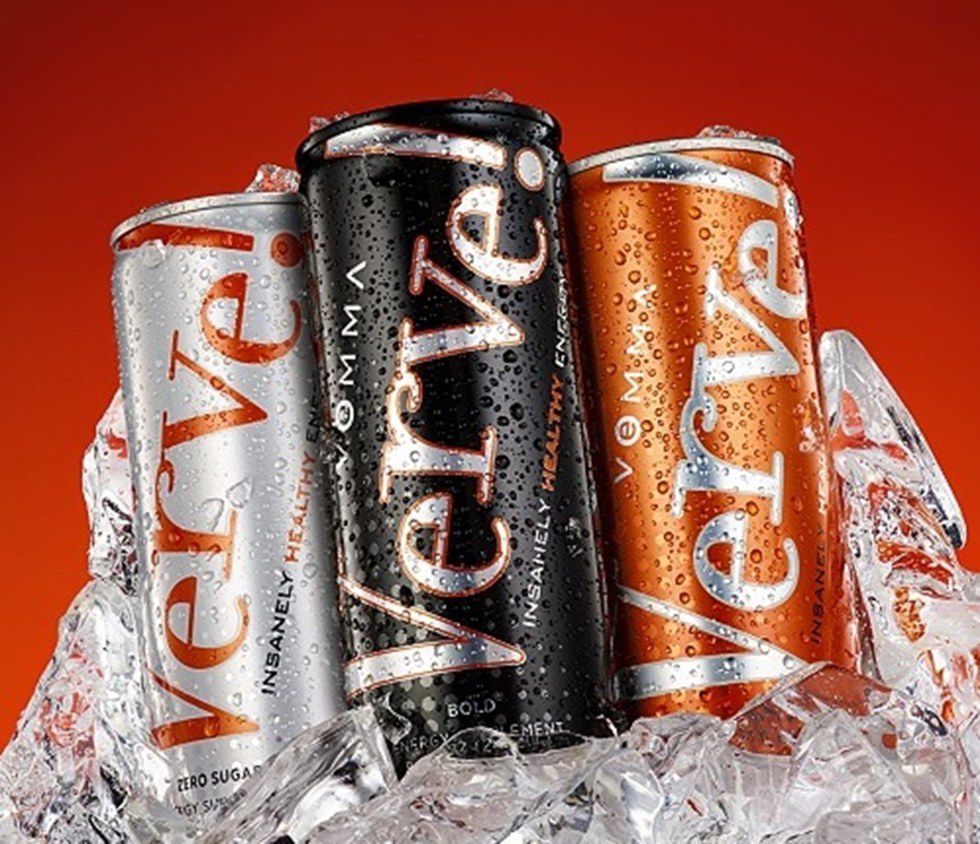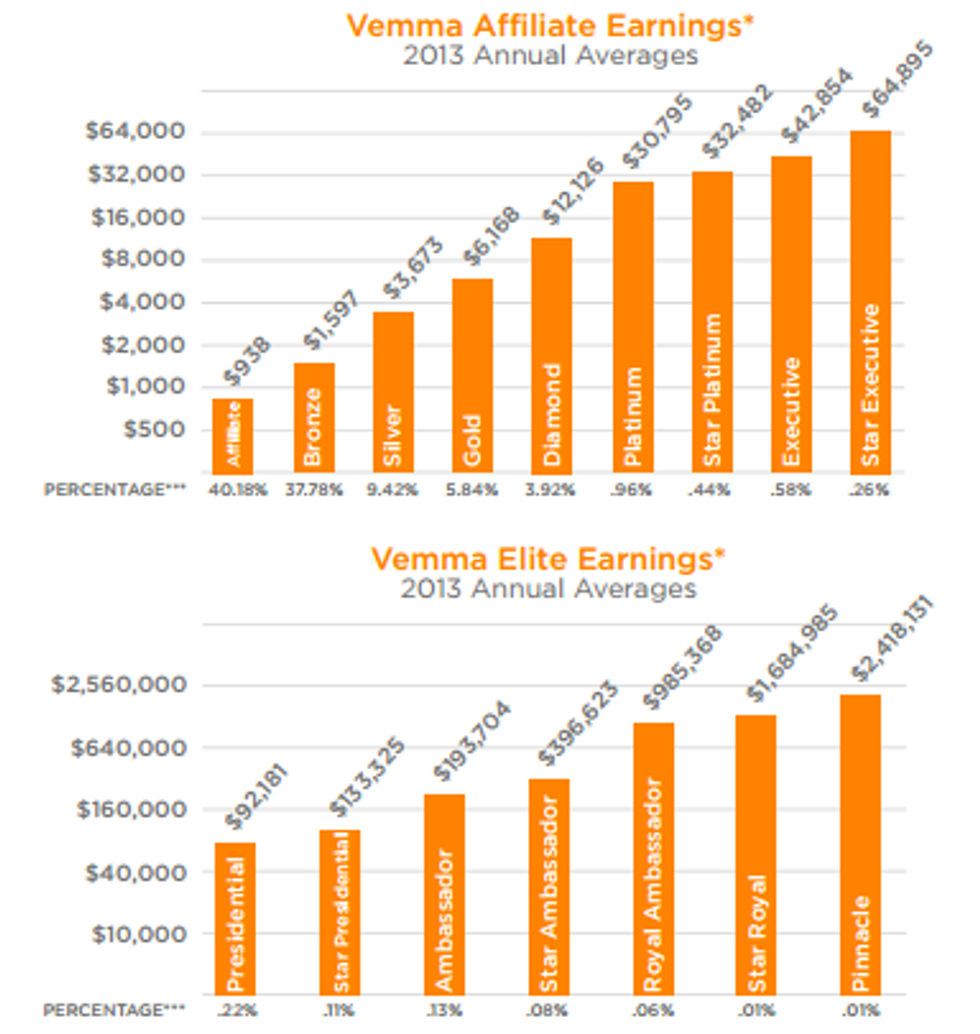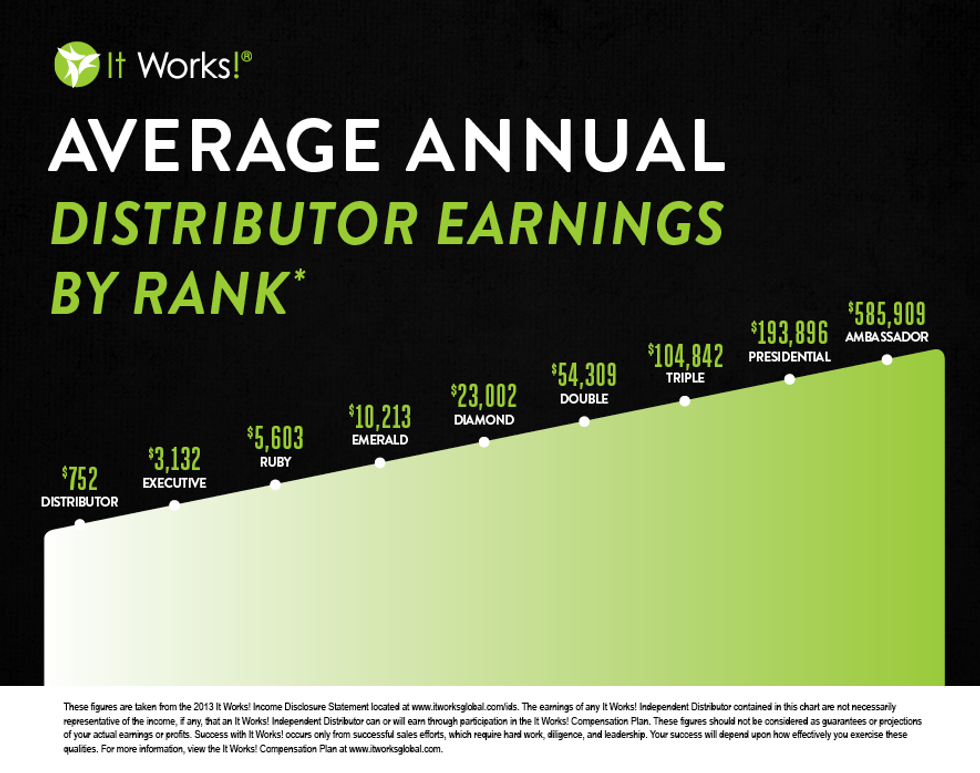A pyramid scheme is “a business model that recruits members via a promise of payments or services for enrolling others into the scheme, rather than supplying investments or sale of products or services. As recruiting multiplies, it becomes quickly impossible, and most members are unable to profit; as such, pyramid schemes are unsustainable and often illegal.” (Shout out to all my high school teachers who told me to never use Wikipedia.)
Society tends to define college kids as “profitable workers who will do free labor just for an extra line on a resume.”
Some of you may have Vemma Verve. If you haven’t, allow me to explain to you this grand, yet very obvious, pyramid scheme. Vemma is a company that sells energy drinks, nutritional beverages, and other various "health" foods.
In 2013, Vemma got into what they called multi-level marketing by luring college kids into the business with the promise of getting rich. All you had to do was buy a $500 “business builder” kit, which you could then sell on your own terms. Choose the hours you work! Be your own boss! Retire at age 24! Six figure salary! Verve! These were the mantras they repeated over and over, and to a broke college kid with big dreams and no real world experience, it sounded pretty great.
The lucky distributors would litter their own social media feeds with inspirational quotes, pictures of the amazing products you could buy, and links to the cars they were definitely going to buy in a few months with their surplus of Vemma money.
Of course, this makes absolutely no sense. 75 percent of the brand’s “distributors” made no more than $1,400 a year, which doesn’t even take into account the $500 startup fee, nor the $150 worth of products you needed to buy each month. Fun fact: I tasted Verve, and the best description I can give you is that it tasted like what I think battery acid tastes like.
On August 21, 2015, the FTC filed a lawsuit against Vemma, saying it was a pyramid scheme. And then on Sept. 18, 2015, a federal judge shut down Vemma’s normal operations, because, yup, you guessed it. It was definitely a pyramid scheme.
Fast forward to a few years later, where I’ve noticed another brand making their social media rounds. “It Works” is a company that sells things like body wraps that help you lose fat and get rid of cellulite, and eye creams that get rid of wrinkles. (Hint: lotion doesn't get rid of fat. Who knew?) Their mantras are the same as Vemma’s in the sense that they’re literally just a few semi-motivational words strung together with an exclamation point at the end.
They claim that they care deeply about their distributors and want them to live financially satisfying lives, which is strange, considering you need to pay about $100 to join. The distributors love their products oh so much, but a simple Google search of reviews can show you that they just don’t work. This in-depth review takes a deeper look into the scam of a company, and shows that It Works distributors make even LESS than Vemma’s did.
So why do these sketchy companies keep popping up? How do they sucker so many people into giving them money? The answer is you, college kids. Your big dreams and naiveté are what they’re after. So here’s a best practice for you: if a job looks too good to be true, it probably is.

























